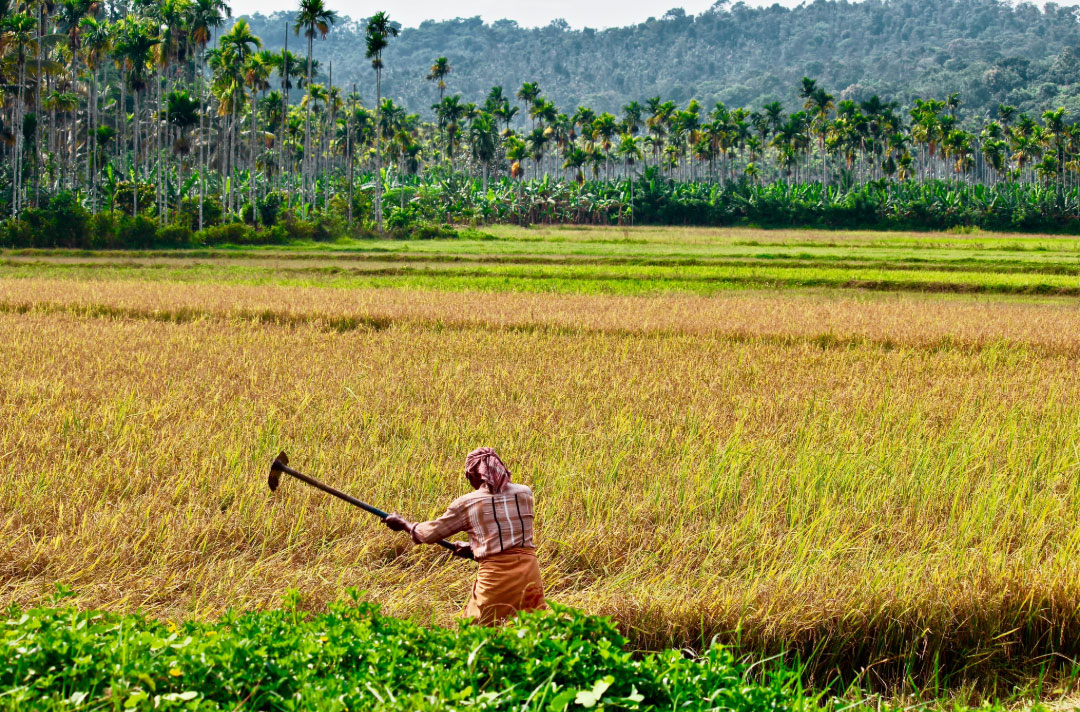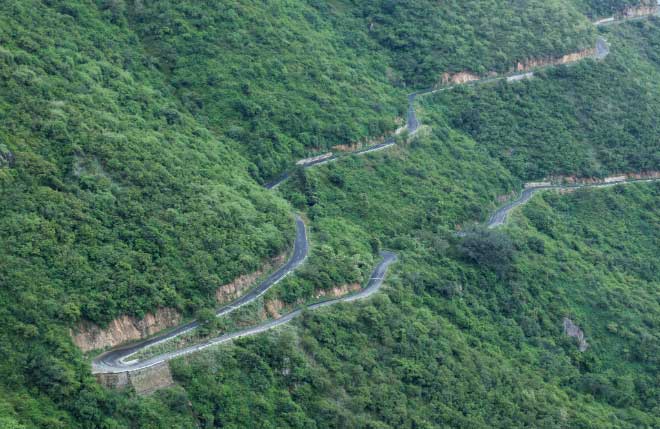As soon as the twenty-two survivors were rescued from bonded labour, Justice Hub partners got to work on restoring their rights, assisting them with registering in their local jurisdiction, providing immediate needs and information on safe migration back to their home village, and commencing the process of securing rehabilitation benefits. However, because these individuals had been trafficked across state borders in India, coordinating relief for their cases proved to be complicated.
For the next four years, the Justice Hub team persevered with the labor department to ensure that survivors received their rehabilitation compensation.
A change in labour department officials forced the team to restart their efforts, but despite the setback the team was determined to hold the system accountable for providing the necessary support. Justice Hub team members made endless phone calls, waited outside offices, scheduled meetings, and provided more documentation. One of the survivors stepped up as a leader to advocate for the group.
Finally, after four years, one of the Justice Hub team members received a call from the labor department. He rushed out of his workplace by motorbike and traveled for a few hours to share the news with the village. He was met by one of the survivors, who had become a friend after all these years, and celebrated with the survivors as they learned their rights had finally been recognized.
The 22 survivors received their rehabilitation compensation and certificates that allowed access to government benefits for themselves and their children. Together with their team of advocates, they experienced the fruit of their tireless labour.


